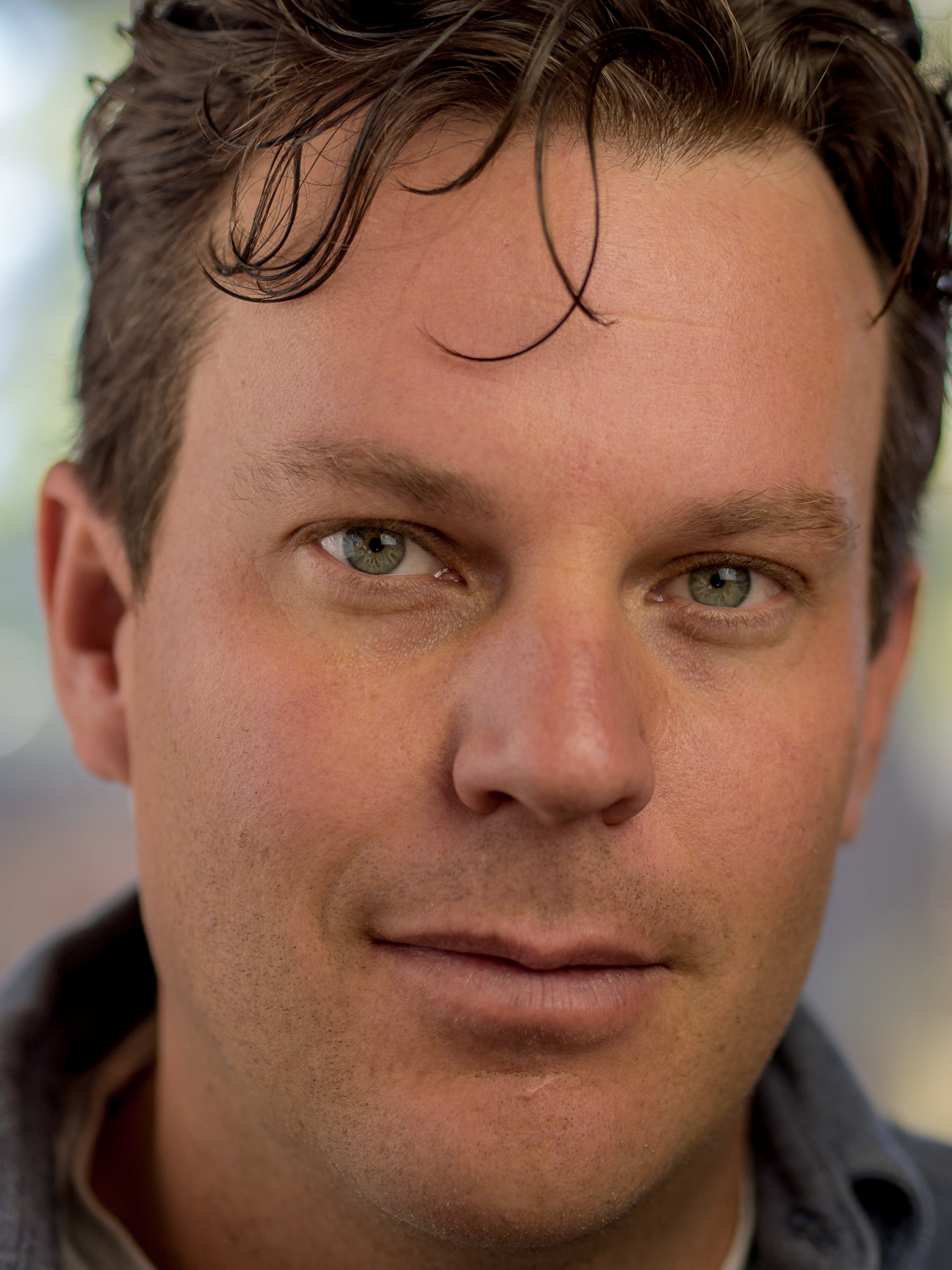Some information may be outdated.
Grand County’s economic growth, both in the extractive industries and tourism, has been staggering in the last few years. We’ve seen a nearly 40 percent increase in visitation at our national parks and surrounding public lands, and a 540 percent increase in oil production over the historic average. Keeping up with that kind of growth is definitely a challenge. I realize that there are a wide variety of opinions on the matter, with some lamenting the loss of a quiet small town atmosphere, and others calling for more growth, and at an even faster pace.
We’re all aware of the tension between the recreation and extractive industries. I suppose the arguments about which is better will go on forever. However, the reality is that without either one, Grand County would be in big trouble. While tourism predominates, both in private sector employment and government revenue, without the extractive industries, our property taxes would skyrocket and we’d have considerably fewer resources for community facilities and infrastructure. Grand County has and will continue to facilitate both industries.
I encourage you to search the Utah Department of Workforce Services website. It has up-to-date baseline economic statistics for each county, as well as state averages. It’s easy to see the pros and cons of each county’s economy. Grand County has shown stable job growth (which even exceeds the state average), and, for a rural county, a median average wage. I was surprised to see that Grand County’s wages are comparable to much larger economies such as Washington and Cache counties. The four rural counties with large extraction industries boast much higher wages, yet are the most volatile economies in the state, with jobs and unemployment tied directly to their respective commodity’s market value.
The recent hubbub at the CIB is unfortunately not a new phenomenon. It’s not uncommon for applicants from Grand County to get heckled. However, there isn’t actually any evidence that Grand County has been shorted its fair share. It’s a misnomer that the CIB denied funding for our jail. They did approve a funding package that is based on their funding history for similar projects in other counties. It takes more than a single meeting, or even a year’s worth of meetings, to identify an inequity. The CIB evaluates their contributions to a county in multi-year increments, and according to the particular project in question. Nobody gets excited about funding jails, and the CIB is no exception.
However, considering Grand County’s recent explosion in oil production, I do find it frustrating that the CIB continues to give us a hard time. Forty-four percent of the oil produced in Grand County since 1984 was produced in the last four years. You’d think that regardless of their skepticism of our tactics, that they would have to acknowledge that we’ve been successful. By federal and state law, production royalties are to be used to mitigate the impacts of industry and preferentially appropriated to the county of origin. We only ask to get out of the CIB pot what we put in. Nothing more, nothing less.
This community has no choice but to seek a balance between recreation and mineral development. And, this does include asking for concessions from both industries. It seems that some Utah politicians only have two categories to define a county’s position on mineral development; either all in favor, or all against – with anyone in the middle being moved into the “all against” category. In an economy like ours, it only makes sense to find the middle ground.
No county has it all; they all have unique challenges to meet. It is my hope that the citizens of Grand County will cast aside cynicism and false perceptions and keep their heads up. We’ve spent the last 30 years successfully pulling ourselves up by the bootstraps. Be proud of that.
Chris Baird is the vice chair of the Grand County Council.
Appreciate the coverage? Help keep local news alive.
Chip in to support the Moab Sun News.



